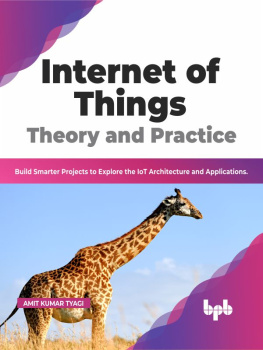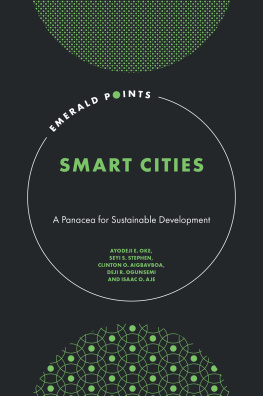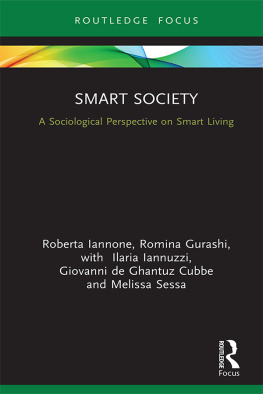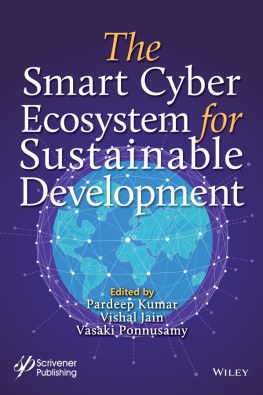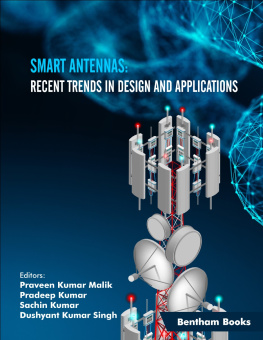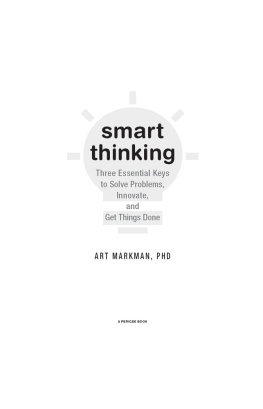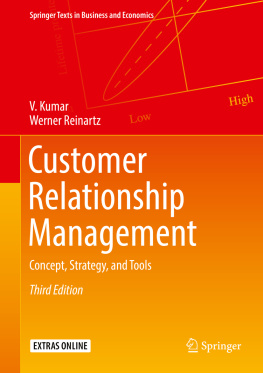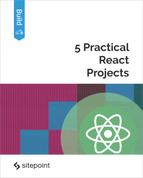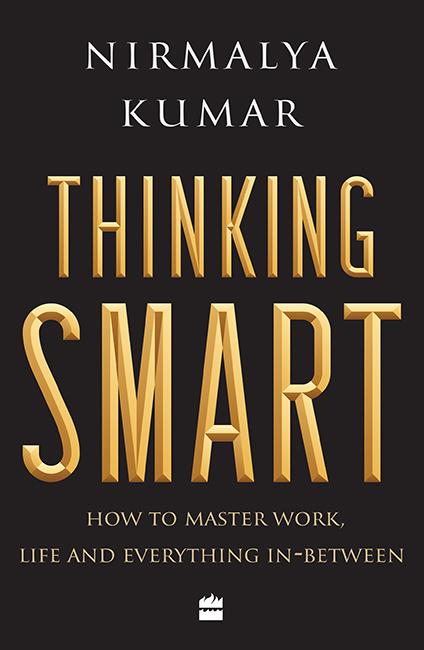
Thinking
Smart
How to Master Work,
Life and Everything
In-between
Nirmalya Kumar

To
The many wonderful people that I met while working for the Tata group in Mumbai;
My colleagues with whom I served on the Group Executive Council (GEC), each of whom had one quality I coveted:
CPM for his genuine sincerity and smarts
HB for his Machiavellian political skills
MK for his amazing social capital
MR for being a gentleman with integrity
NSR for his functional thought leadership;
And, all my friends in Mumbai for their love and support
It was great fun!
All that is gold does not glitter,
Not all those who wander are lost;
The old that is strong does not wither,
Deep roots are not reached by the frost.
J.R.R. Tolkien, The Fellowship of the Ring
Contents
O n entry into the Tata group, I was keenly aware that I had never been a manager and did not possess the well-honed skills of an executive that my colleagues with their vast experience in corporate life did. But then, Cyrus Mistry and I were clear that my role was not an operational one. I had been hired to head strategy at the group level and be a thoughtful partner to Cyrus.
It soon became apparent to me that the big difference between being an academic and an executive was depth of thought versus a bias for action. As an academic, one is trained to think in terms of concepts and the circumstances (what we in academic research call moderators) under which a potential action would be successful. The same strategy could be successful or unsuccessful depending on the associated conditions under which it was being implemented. Furthermore, as an academic, one reads more widely to include both the popular business press that many executives consume as well as the less accessible academic literature.
By nature, Cyrus was curious and thoughtful. During presentations and discussions of strategy with the Group Executive Council (GEC) and our group company CEOs, he often remarked we need to apply our minds more on the topic at hand. For him, this was about the moderating conditions under which any strategy would be successful. Given that the Tata group operated in so many different industries and countries, this depth of thought to the conditionals was essential for success. Because of the variety of environments and constraints under which different companies manoeuvred, one could not simply pursue the same action in different Tata companies and expect similar results. As a result, I found a kindred spirit in him.
Whenever I read something particularly useful to the challenges we were facing, I shared it with my GEC colleagues. Cyrus would sometimes pass these on to other executives in the operating companies that he felt could benefit. Rather than send emails each time I read something, at some stage I decided to collate everything during the week and send one email on Saturday morning to my GEC colleagues. This way it could be read over the weekend when things were less hectic and there was more time for reflection. After a few iterations, Cyrus urged me to share these weekend reads more widely with the 800 top executives of the Tata group. I was hesitant to do so as I felt it might be perceived incorrectly. However, I added some of our group executives and CEOs with whom I interacted frequently and thought might be interested. Over time, as the word of this weekend read spread, others asked to be added to the email list. Some friends outside the Tata group also heard about it and the list quickly grew to a few hundred subscribers.
My small team at Tata was highly motivated and adopted the continuous improvement model that I espoused. My executive assistant, Shibashish Roy, and Jude Rodrigues, who helped me create presentations, took it on themselves to make my life easier. Rather than having to keep responding to individual requests to be added to the list, they decided to set up a blog where anyone could sign up directly. This made the administration a lot easier.
Despite my scepticism that anyone would be interested, the blog soon had over 1,000 subscribers. They also created a LinkedIn profile for me and started posting the weekend blog every Monday morning. I am deeply grateful to them as well as to Maria Romero da Silva, an intern, for making the blog a reality and pushing me to seek a wider audience. This book is a consequence of our efforts. Taking advantage of this opportunity, let me also thank the two other members of my team, Mohit Sampat and Wilma Lobo, as well as two other Executive Assistants, Shailesh Chandra and Mahesh Dumbre, who worked briefly for me. All of them were fantastic in supporting me.
After I was fired in October 2016, given the academic calendar, I knew I would not be starting any new position until the summer of 2017. The question was how to use this intervening time gainfully. Without doubt, I had been privileged to have had a unique career that combined being an academic at leading business schools with having been an executive at the highest level in a global corporation. Thus, the twelve months before I started teaching were dedicated to reflecting on what I had learnt over the twenty-five years working across so many countries, in corporations and academia and in almost any industry one could think of.
This book, taking inspiration from my blog and combining it with my experience, attempts to capture my learnings on a variety of topics. The goal for all academics is to say something that is counter-intuitive and make every experience a teaching moment. In capturing my counter-intuitive learnings that could be shared with others, it soon became apparent that the book would end up being about more than simply managing marketing, or even managing business. These are my life lessons.
The book, my eighth, is unlike the previous ones in its conceptualization. Increasingly, I observe, people, especially the younger generation, consume media differently. They tend to read fewer books, just as they buy fewer music albums. Instead they seem to prefer bite-size consumption. In contrast to the usual practice where a book must be read from start to finish following an author-imposed sequence, this book can be customized by the reader. Start at any chapter, read in any sequence, and stop reading when you feel there is nothing more that interests you. The fifty-two chapters, organized loosely in eight sections with titles that are usually a question, are self-contained and can stand alone. If the question interests you, dive into the chapter. If not, skip it, and it does not take away from the rest of the book.
The title of a book is the publishers prerogative. After reading the book, Krishan Chopra and Sachin Sharma of HarperCollins India proposed Thinking Smart. While immodest, I accepted it after recalling that my colleague Madhu Kannan often introduced me to visitors, much to my consternation, as the smartest guy in Tata. As the chapter entitled Does IQ Matter? will reveal, I have always scored below average in IQ tests. But, I assume that smart is an outcome of not where you start with the resources that nature endowed. Instead, it is a manifestation of a life spent in the pursuit of knowledge and contemplation; a journey that will never be complete. In academics, we know that knowledge progresses through falsification. What was received wisdom yesterday is demonstrated as false today, through reasoning or empirical evidence, under certain circumstances. It is with this humility that I present
Next page

